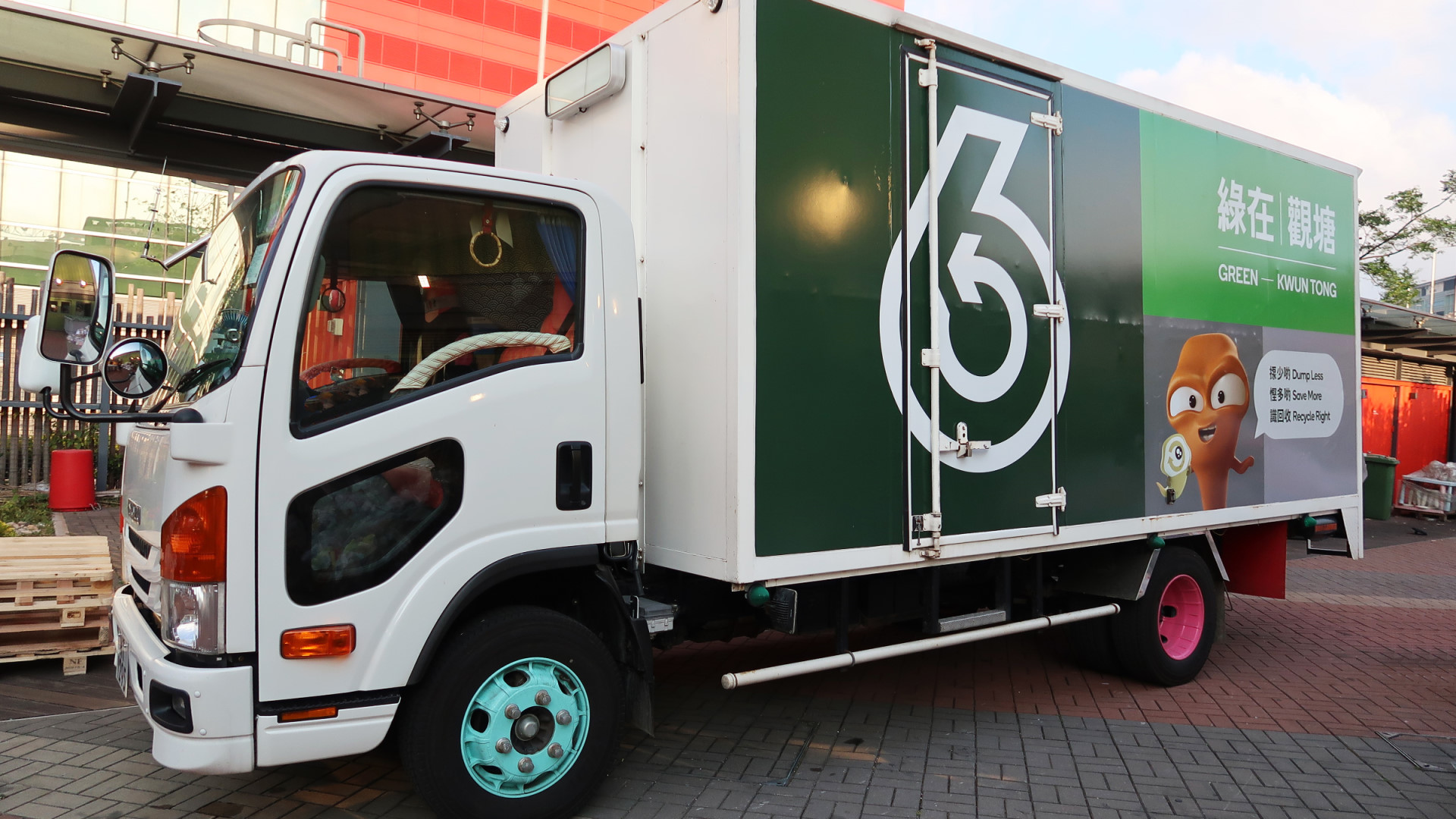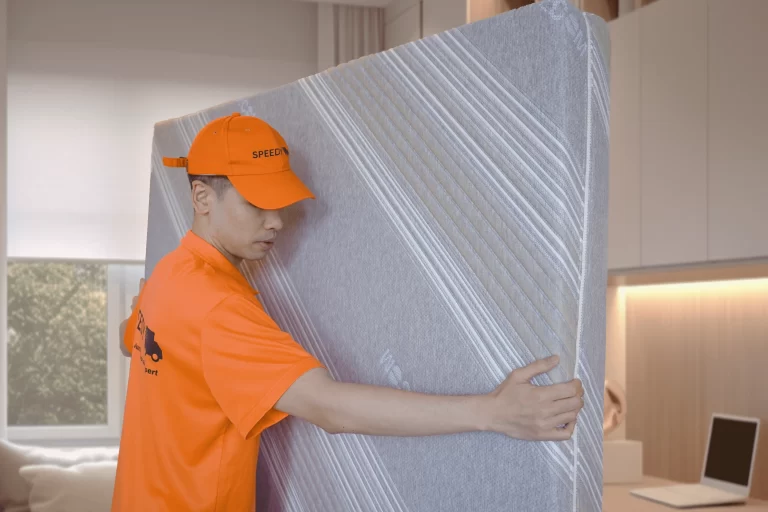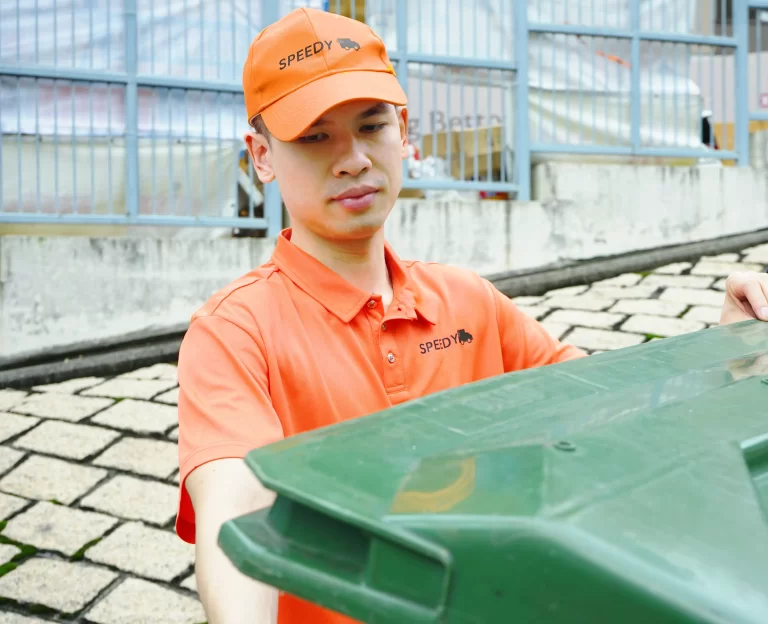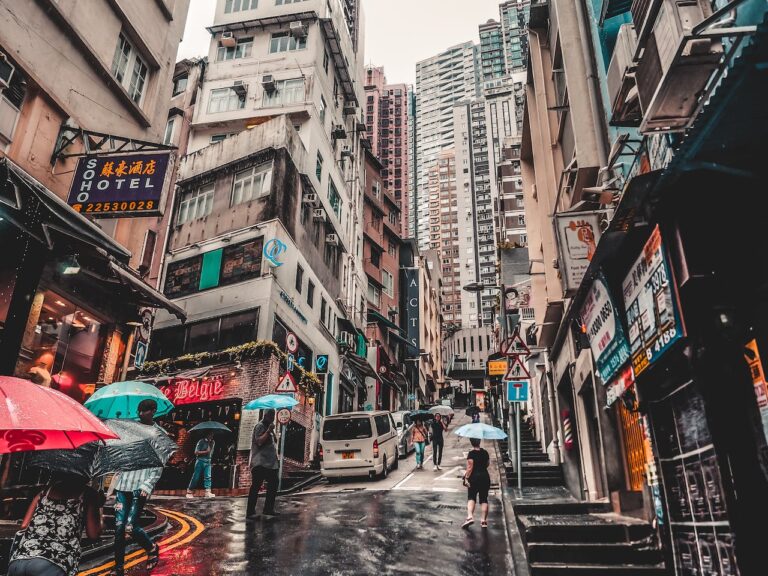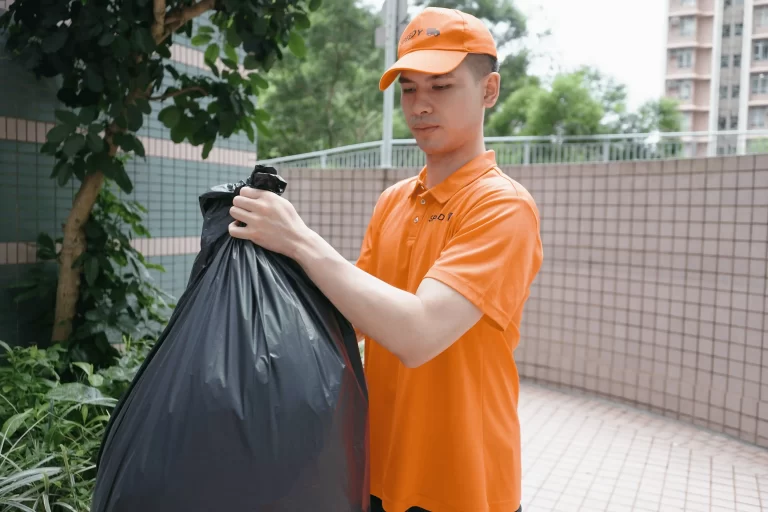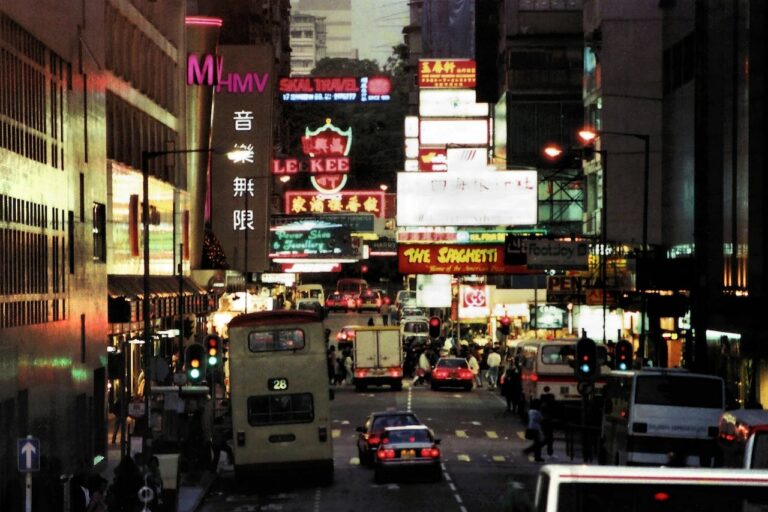A Complete Guide to Hong Kong’s New Recycling Stores: Green @ Community
As Hong Kong grapples with the pressing issue of dwindling landfill space, the government has introduced a revolutionary waste separation program targeting eight key recyclable categories. Papers, metals, plastics, glass bottles, regulated electrical equipment, small electrical appliances, fluorescent lamps and tubes, and rechargeable batteries now fall under the purview of this initiative. Cheers to a new era of reduced waste living! After years of recycling ambiguity in Hong Kong, we finally have viable options. Let’s delve into everything you need to know about the innovative GREEN @ COMMUNITY stores, hailed by one of our readers as the “Apple Store* of recycling centers.
In 2005, the Environment Protection Department (EPD) laid the groundwork with the Policy Framework for the Management of Municipal Solid Waste (2005-2014), including a Community Recycling Network. Fast forward to May 2013, the EPD unveiled the Hong Kong Blueprint For Sustainable Use Of Resources 2013-2022, targeting a 55% recycling rate by 2022. This year saw the launch of the new community recycling network, GREEN @ COMMUNITY, featuring a fresh look, a new logo, and a resident loyalty program.
GREEN @ COMMUNITY: Unveiling the Network
The GREEN @ COMMUNITY network focuses on educating and collecting recyclables from the public, comprising three types of outlets:
- 11 Recycling Stations: Nine are operational, fostering a sense of community since 2015-2019.
- 22 Brand New Recycling Stores: Already operational at strategic locations like GREEN @ TIN WAN, GREEN @ TIN HAU, GREEN @ SAI YING PUN, GREEN @ SHEUNG WAN, GREEN @ SAN HUI, with more slated to launch by year-end.
- 100 Recycling Spots: Popping up soon near residential buildings with limited waste separation facilities.
For locations and addresses, check here.
Notes from a Consumer’s Perspective
Sai Ying Pun emerges as an ideal zero-waste haven, offering unpackaged food options and dedicated recycling outlets. While existing options were commendable, drawbacks like inconvenient hours, restrictions, and language barriers persisted. However, the popularity of recycling efforts remained evident, with residents eagerly participating in recycling initiatives.
First-Hand Experience: A Visit to a Hong Kong Recycling Store
The GREEN @ SAI YING PUN store, situated on First Street, offers daily access from 9 am to 7 pm. A self-service mailer box is available for after-hours drop-offs, requiring pre-sorted, clean, and dry recyclables. Adapting to the times, the store enforces safety measures, including limited visitors, temperature checks, and regular sanitization.
Upon entering the modern store, resembling the famed Apple Store, I encountered a well-designed space featuring a washing station, a crucial addition for rinsing recyclables as mandated in Hong Kong. A drinking water station promotes bottle refills, addressing the alarming issue of 5.2 million plastic bottles sent to landfills daily. Additionally, a Greeny Coins smart card loyalty program incentivizes recycling, allowing users to earn points redeemable for various gifts.
While the stores plan to offer educational activities, early days and Covid constraints make it challenging. Each store has its Facebook page, updating residents on initiatives and addressing queries.
Avoiding Wishcycling
Rather than wishcycling—tossing items into bins with good intentions—proper recycling is emphasized. Wishcycling, counterproductive and detrimental to recycling facilities, is discouraged.
What Can You Recycle? A Comprehensive Guide
Thanks to clear guidelines, a revelation awaits—more items are recyclable than anticipated. Here’s a guide to prepare you for a visit, outlining what’s allowed and what’s not in the new Community Stores:
GLASS BOTTLES
Do: Empty, rinse, and handle with care. Yes: Beverage bottles, sauces, jars. No: Mirrors, window glass, cooking ware, glass furniture, drug, and medical containers.
BEVERAGE CARTONS (Tetra Paks)
Do: Cut, rinse, and remove plastic parts. Yes: Milk cartons, aluminum foil cartons, paper cups, and paper plates.
FLUORESCENT LAMPS & TUBES
Do: Wrap in paper and handle with care. Yes: Fluorescent tubes, compact fluorescent lamps, and high-intensity discharge lamps (HDL).
RECHARGEABLE BATTERIES
Do: Cover terminal battery with masking tape. Yes: Portable rechargeable batteries. No: Single-use batteries, vehicle lead-acid batteries.
SMALL ELECTRICAL APPLIANCES
Do: Tidy up cable. Yes: General household appliances and mobile phones. No: Appliances for clinical use.
METALS
Do: Empty and rinse. Yes: Tin and aluminum cans, other metals. No: Aerosol cans, chemical containers.
PLASTIC BOTTLES
Do: Empty and rinse. Yes: Beverage bottles, personal care product bottles, cleansing product bottles. No: Medicine bottles and chemical bottles.
OTHER PLASTICS
Do: Rinse. Yes: Plastic bags, single-use utensils and containers, packaging materials, Styrofoam, CD. No: Composite materials, rubber, and silicon.
PAPER
Do: Remove non-paper materials. Yes: Newspapers, books, and magazines, office papers, and cardboard. No: Tissue paper, hand towel, thermal paper, and plastic-coated paper.
For anything not covered, don’t hesitate to ask the helpful hosts at the recycling store. Their guidance ensures the public follows guidelines, facilitating the recycling process and protecting waste collectors. Cheers to a sustainable Hong Kong! 🌿✨

